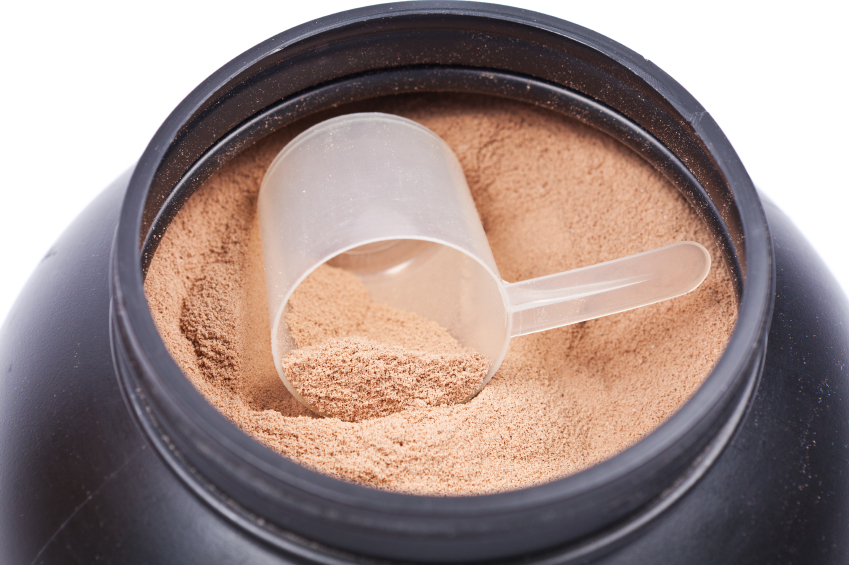Safe Supplements for Youth
By: Sol Orwell

Protein powders
The mistaken notion that protein powders somehow cause kidney damage is even more prevalent when talking about youth, in part because of the perceived susceptibility of youth to chemical insults. Thankfully, protein does not have these effects, since it’s essentially food.
Protein is basically dehydrated milk (whey and casein) or the dehydrated protein components of plants that are commonly consumed in the diet, including rice, hemp, and peas. The actual processing of the protein powder does not introduce many chemicals. When chemicals are introduced they tend to be the same chemicals introduced into many other foods during processing. They all have adequate safety testing.
Protein supplements can accumulate high levels of heavy metals if not properly processed. So can food, but at least protein powders undergo testing, so the majority of the time these heavy metals are prevented from accumulating.
Protein powders get a bad rap because they are among the first supplement to be introduced to a youth’s supplement regimen, so if anything goes wrong (regardless of whether it’s related to the supplement or not), the protein tends to be erroneously blamed for it by association.
Creatine Supplementation
Creatine is another standard recommendation for youth, simply because it works, is cheap, safe, and it seems to be in pretty much everything anyway. Creatine is an energy molecule for most (but not all) cells and can draw water into these cells. By providing more energy to these cells, creatine ensures they can perform more work and thrive. The cell we refer to most is the muscle cell. More work and hydration in these cells results in more muscle protein synthesis and increases the size of the muscles.
Research on creatine is expansive and very fleshed out, and we’ve narrowed down possible side-effects to almost only gastrointestinal issues. Basically, if you take too much creatine at once time, an upset stomach (and nausea) can occur, followed a few hours later by diarrhea. Most other side-effects don’t occur because you cannot absorb enough creatine from the intestines to force a problem, but this lack of absorption is why your colon gets the brunt of an overdose.
Creatine seems to be one of the few supplements that we can say, beyond a reasonable doubt that extends to most people under most circumstances, is without medically concerning side-effects and is one of the safest supplements currently available.
About the Author:
Sol Orwell co-founded Examine.com in early 2011. He's been collating scientific research on supplements and nutrition since then, and has released a beginner’s guide to supplements, the Supplement Goals Reference Guide.
Recommended Athletes' Acceleration Products
—————————————————————————–



1 Comment for “Safe Supplements for Youth”